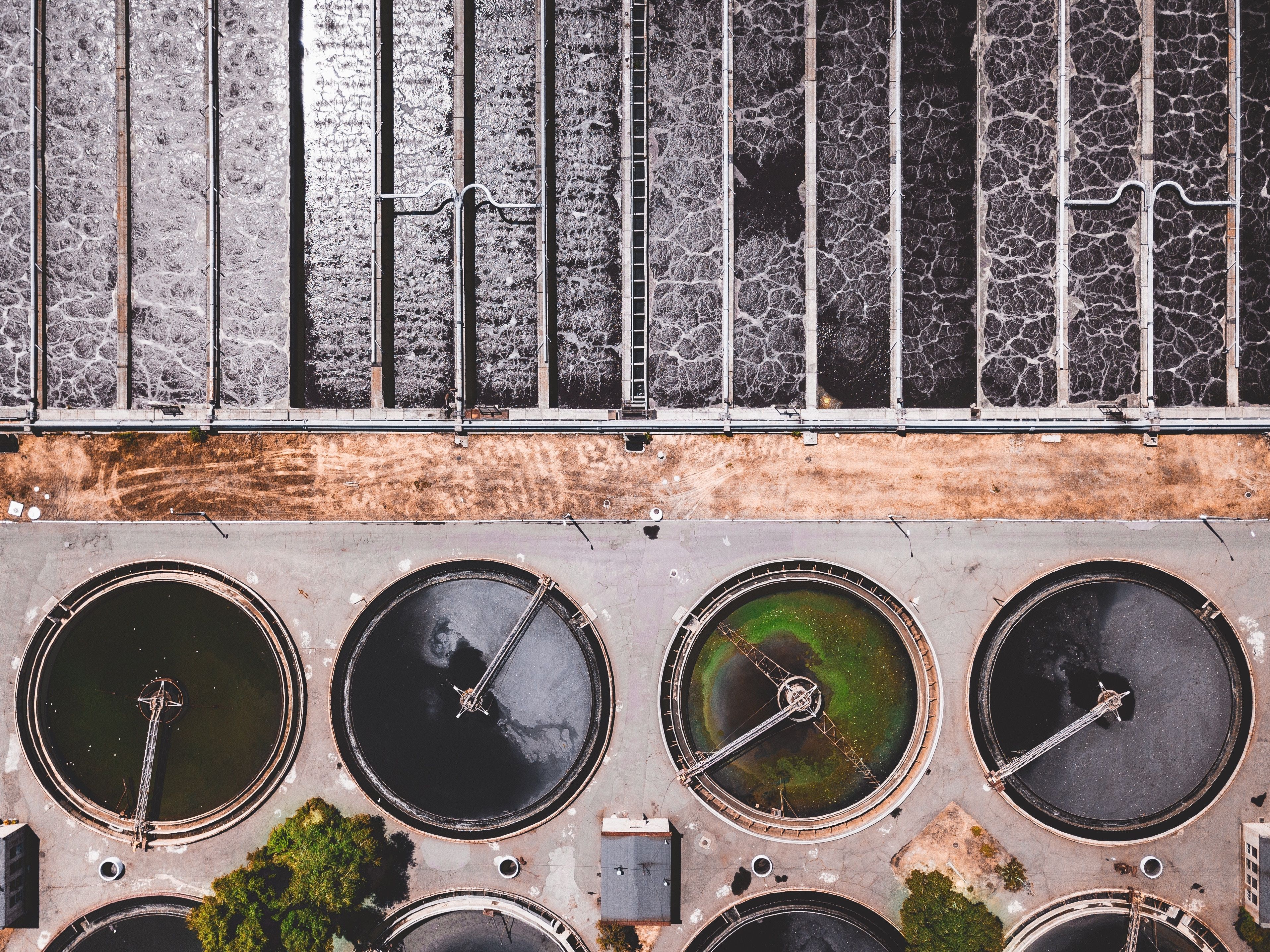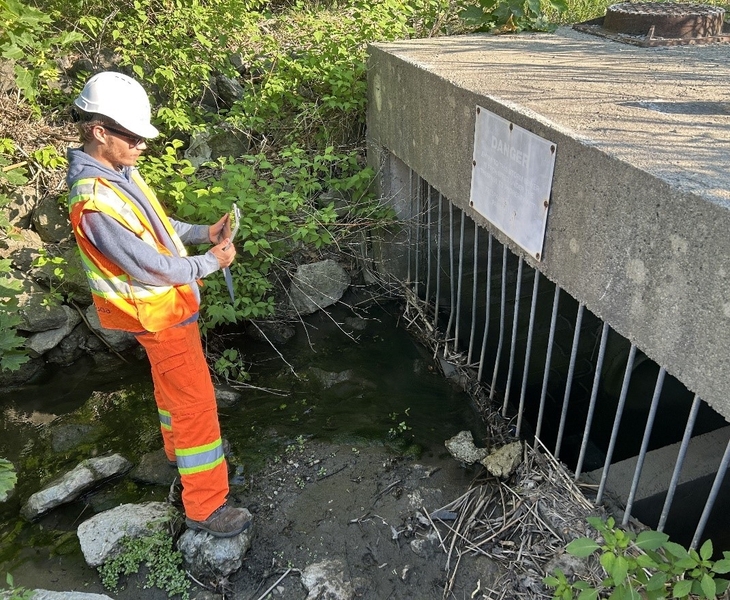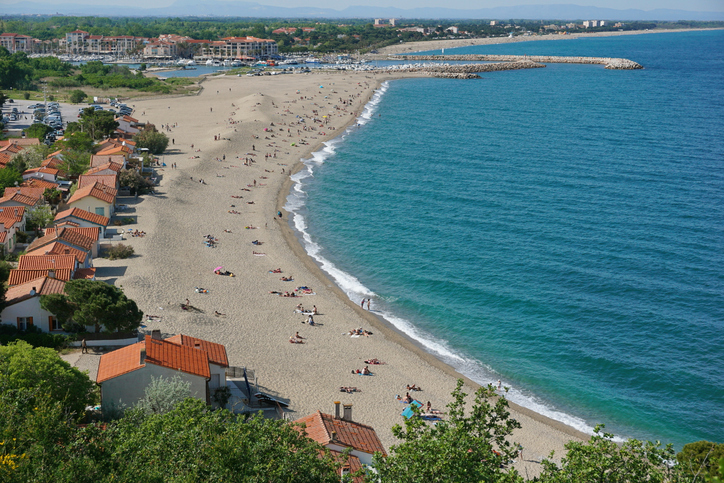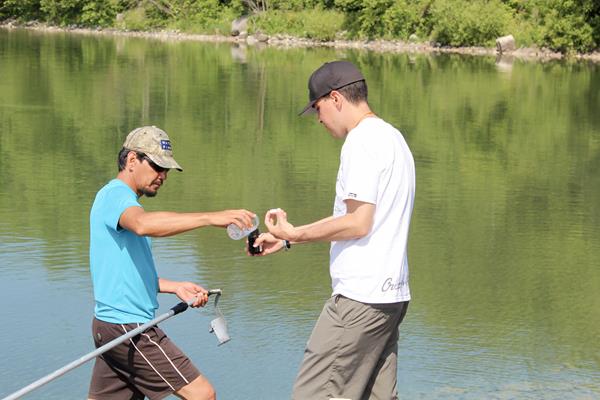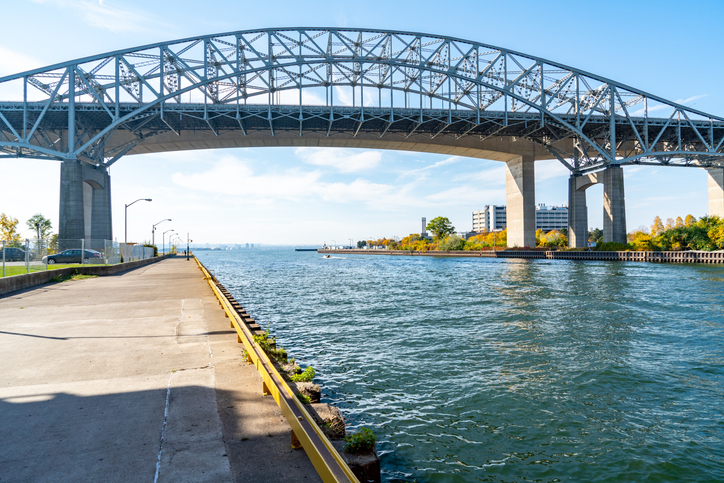A team of McMaster chemical engineers, led by PhD candidate Patrick Morkus, have developed a technology to detect toxic compounds in wastewater.
The technology can tell if contaminated water, such as industrial wastewater from factories, is safe enough to enter a municipal water treatment plant. The technology can also tell if the wastewater is too toxic and needs specialized treatment beforehand.
According to the researchers, the technology detects toxic compounds in wastewater up to 24 times faster than the industry standard. It currently takes about four hours to test a batch of water before deciding where it should go, according to Morkus. With this research, which has been undertaken in collaboration with Aevitas Inc., testing can be successfully completed in just 10 minutes.
“One of the biggest issues [Aevitas] faced was not knowing what’s in the wastewater it was receiving from different companies,” Morkus said. “Each batch of wastewater could have up to 50 to 100 different chemical compounds.”
According to the study’s authors, the research addresses the need to drastically improve the detection of toxic chemicals in wastewater, which would lead to a cleaner and healthier environment.
“There’s a push to reduce the amount of chemicals in water to improve our wildlife and environment, and it’s becoming more difficult for companies to meet the criteria in the Wastewater Systems Effluent Regulations (WSER),” said Morkus. “Our research comes in to predict where a certain batch of industrial wastewater should go to make sure it can be treated properly—but really, really rapidly.”
Morkus said this will allow companies to make quicker decisions on what to do with contaminated water. This will save both time and resources in the short- and long-term.

